Sex crime suspects 'should stay anonymous until charged'
Police investigation of pop star Cliff Richard shows how leaks can irreparably damage those who may be innocent

A free daily email with the biggest news stories of the day – and the best features from TheWeek.com
You are now subscribed
Your newsletter sign-up was successful
Suspected sexual offenders should remain anonymous until charged, ending the "flypaper" practice of naming suspects to attract more allegations, a group of MPs has said.
A Home Affairs Committee report, published today, said that suspects in sexual offence cases should only be identified publicly if it is essential for policing reasons, such as public safety.
In these cases, identification should be done formally, with zero tolerance on police leaking information about suspects in an informal, unattributed way, it said.
The Week
Escape your echo chamber. Get the facts behind the news, plus analysis from multiple perspectives.

Sign up for The Week's Free Newsletters
From our morning news briefing to a weekly Good News Newsletter, get the best of The Week delivered directly to your inbox.
From our morning news briefing to a weekly Good News Newsletter, get the best of The Week delivered directly to your inbox.
The MPs want the law prohibiting newspapers and media from naming sexual offence victims extended to include suspects before they are charged.
They used the media coverage of a search of Sir Cliff Richard's home as an example of the impact that one unattributed leak can have, pointing to one of its previous reports, published in October, which said Sir Cliff had "suffered enormous, irreparable damage to his reputation" despite the fact that he was neither arrested nor charged with any offence.
"It is in the interests of the police, post Leveson, to demonstrate that they understand the level of public distrust that has built up over the informal relationship between the police and the media," said the report.
Keith Vaz, chairman of the committee, said it was "inexcusable" that information about suspects was released to the media in an unattributed way.
A free daily email with the biggest news stories of the day – and the best features from TheWeek.com
"We have seen how destructive this can be to a person's livelihood, causing irreparable reputational damage and enormous financial burden," he said. "The police must advocate zero tolerance on leaking names of suspects to the press before charge."
The report also denounced the police tactic of repeatedly arresting and bailing suspects to draw more witnesses.
Radio presenter Paul Gambaccini has previously spoken of his "year from hell" when he was put on police bail for what he said was longer than necessary while police investigated accusations of historical sex offences.
Vaz said: "Police use of the 'flypaper' practice of arresting someone, leaking the details, then endlessly re-bailing them in the vague hope that other people come forward is unacceptable and must come to an immediate end."
-
 How Democrats are turning DOJ lemons into partisan lemonade
How Democrats are turning DOJ lemons into partisan lemonadeTODAY’S BIG QUESTION As the Trump administration continues to try — and fail — at indicting its political enemies, Democratic lawmakers have begun seizing the moment for themselves
-
 ICE’s new targets post-Minnesota retreat
ICE’s new targets post-Minnesota retreatIn the Spotlight Several cities are reportedly on ICE’s list for immigration crackdowns
-
 ‘Those rights don’t exist to protect criminals’
‘Those rights don’t exist to protect criminals’Instant Opinion Opinion, comment and editorials of the day
-
 What we know about the Copenhagen mall shooting
What we know about the Copenhagen mall shootingSpeed Read Lone gunman had mental health issues and not thought to have terror motive, police say
-
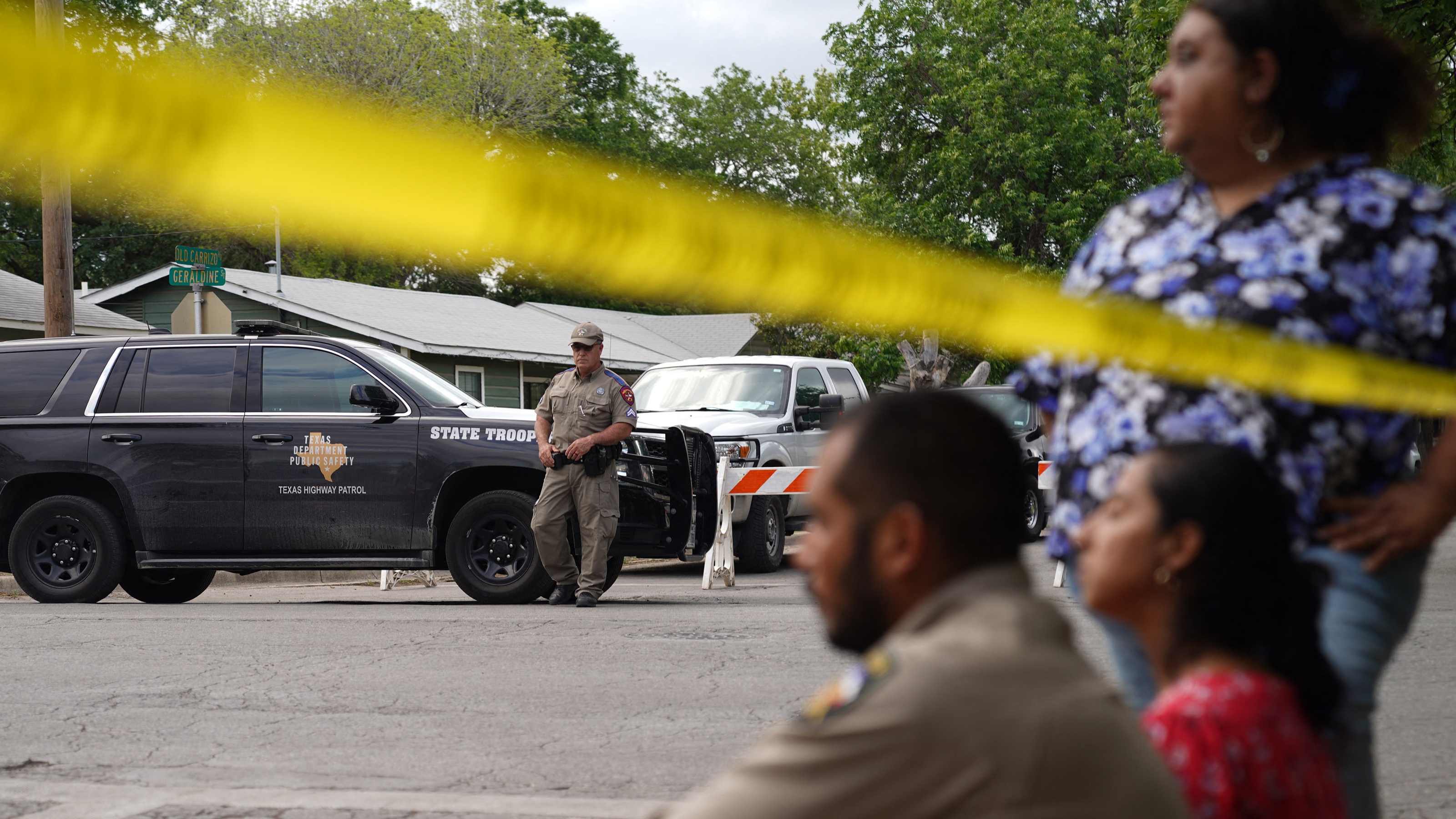 Texas school shooting: parents turn anger on police
Texas school shooting: parents turn anger on policeSpeed Read Officers had to be urged to enter building where gunman killed 21 people
-
 DJ Tim Westwood denies multiple sexual misconduct allegations
DJ Tim Westwood denies multiple sexual misconduct allegationsSpeed Read At least seven women accuse the radio and TV presenter of predatory behaviour dating back three decades
-
 What happened to Katie Kenyon?
What happened to Katie Kenyon?Speed Read Man charged as police search for missing 33-year-old last seen getting into van
-
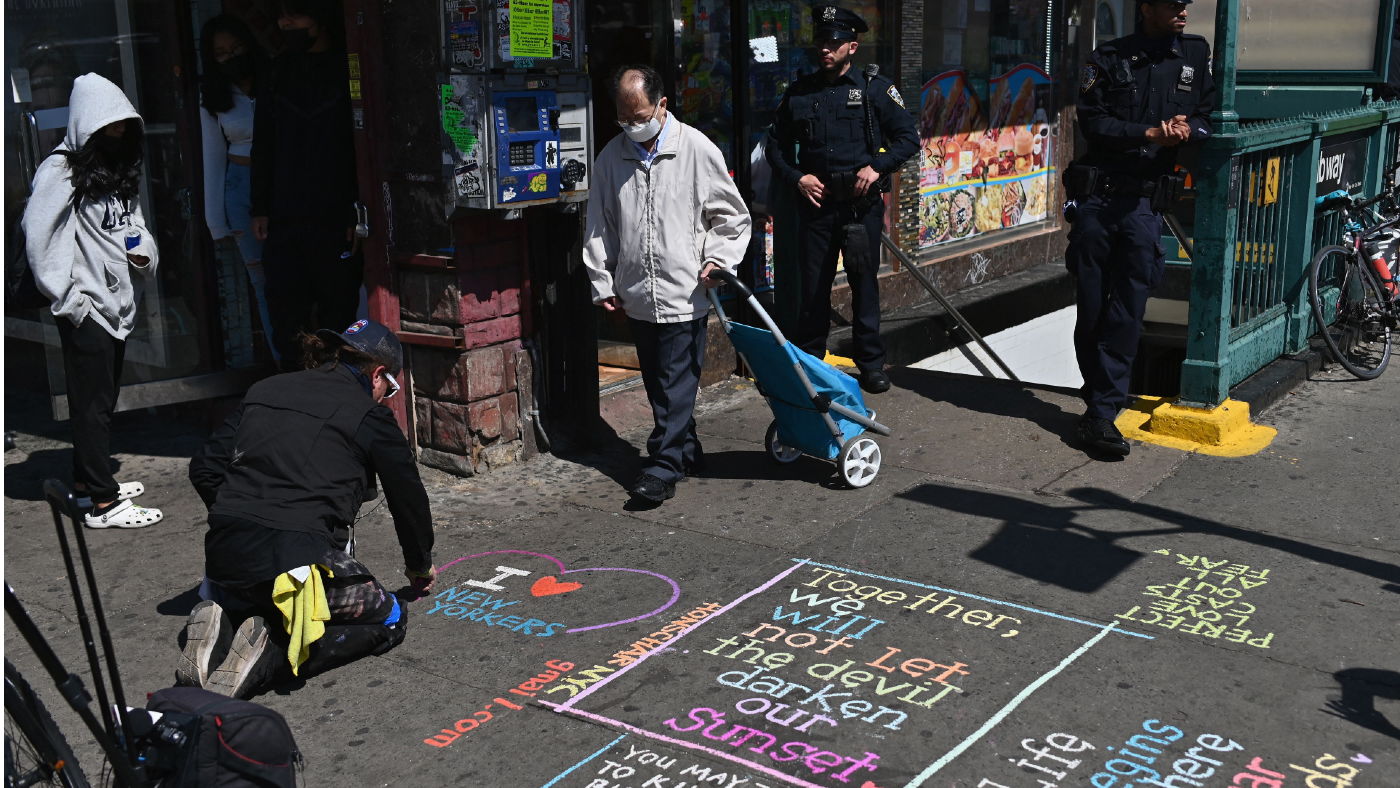 Brooklyn subway shooting: exploring New York’s ‘steep decline in law and order’
Brooklyn subway shooting: exploring New York’s ‘steep decline in law and order’Speed Read Last week, a gunman set off smoke bombs and opened fire on a rush-hour train in the city
-
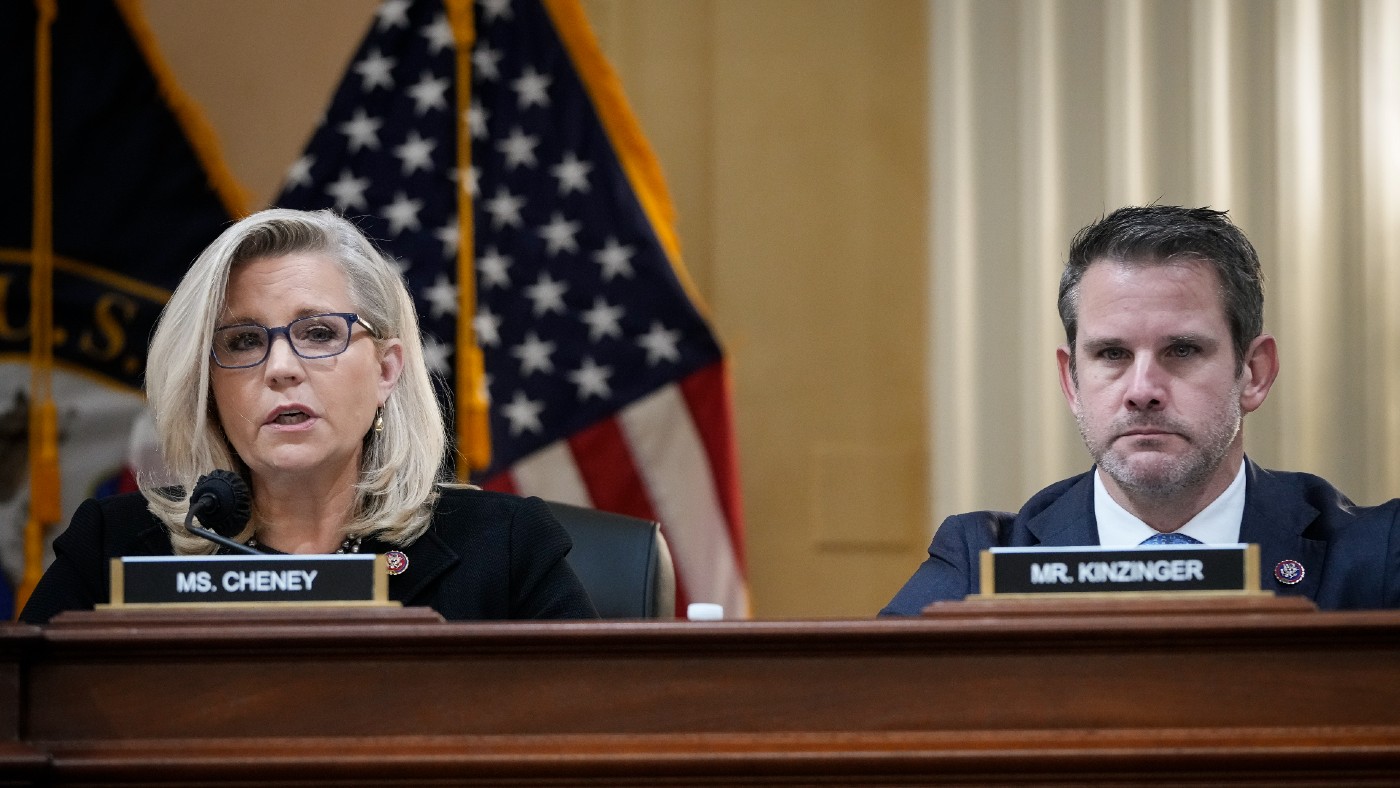 How the Capitol attack investigation is splitting the Republicans
How the Capitol attack investigation is splitting the RepublicansSpeed Read Vote to censure two Republican representatives has revealed deep divisions within party
-
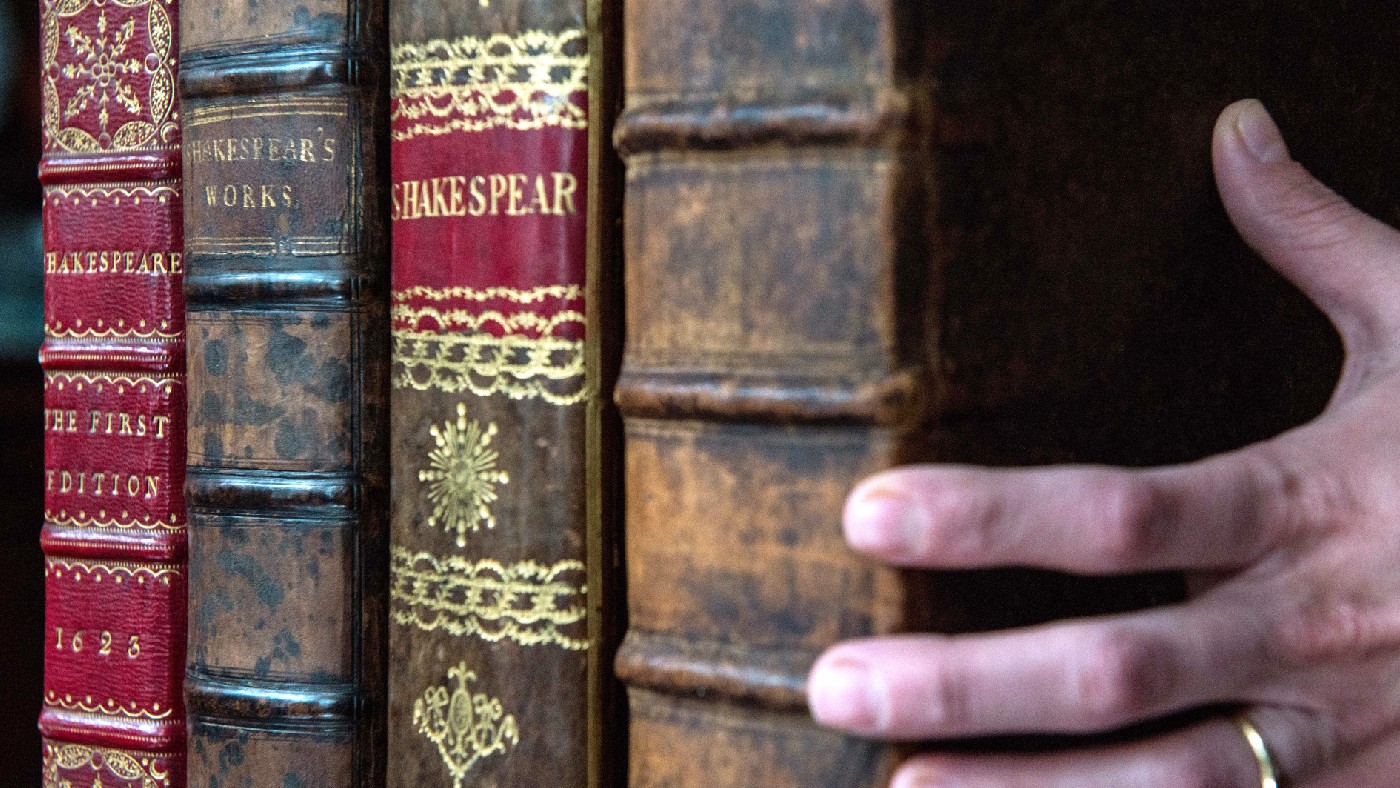 Is sentencing a Nazi sympathiser to read Shakespeare an appropriate punishment?
Is sentencing a Nazi sympathiser to read Shakespeare an appropriate punishment?Speed Read Judge seemed to think introducing student ‘to high culture’ would ‘magically make him a better person’ said The Daily Telegraph
-
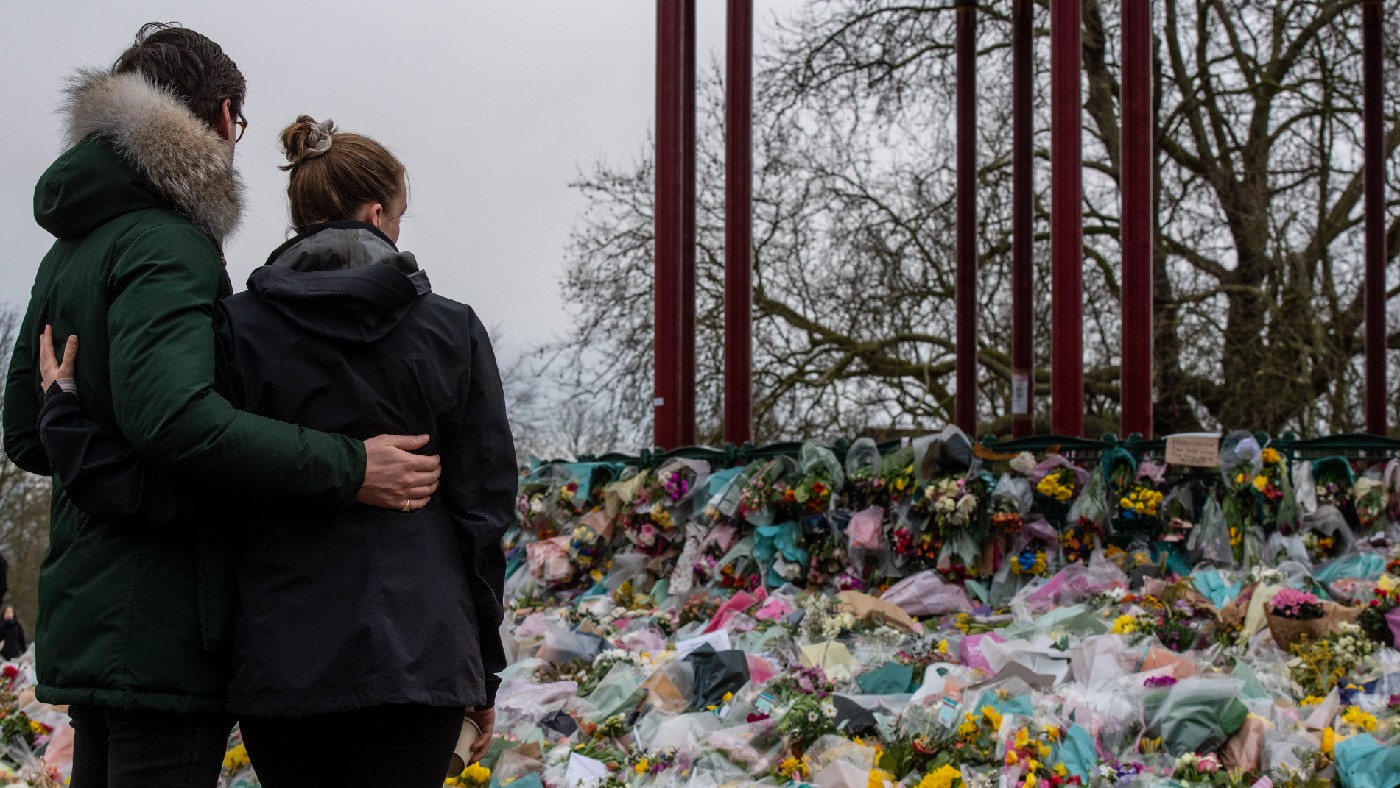 Sarah Everard’s murder: a national reckoning?
Sarah Everard’s murder: a national reckoning?Speed Read Wayne Couzen’s guilty plea doesn’t ‘tidy away the reality of sexual violence’